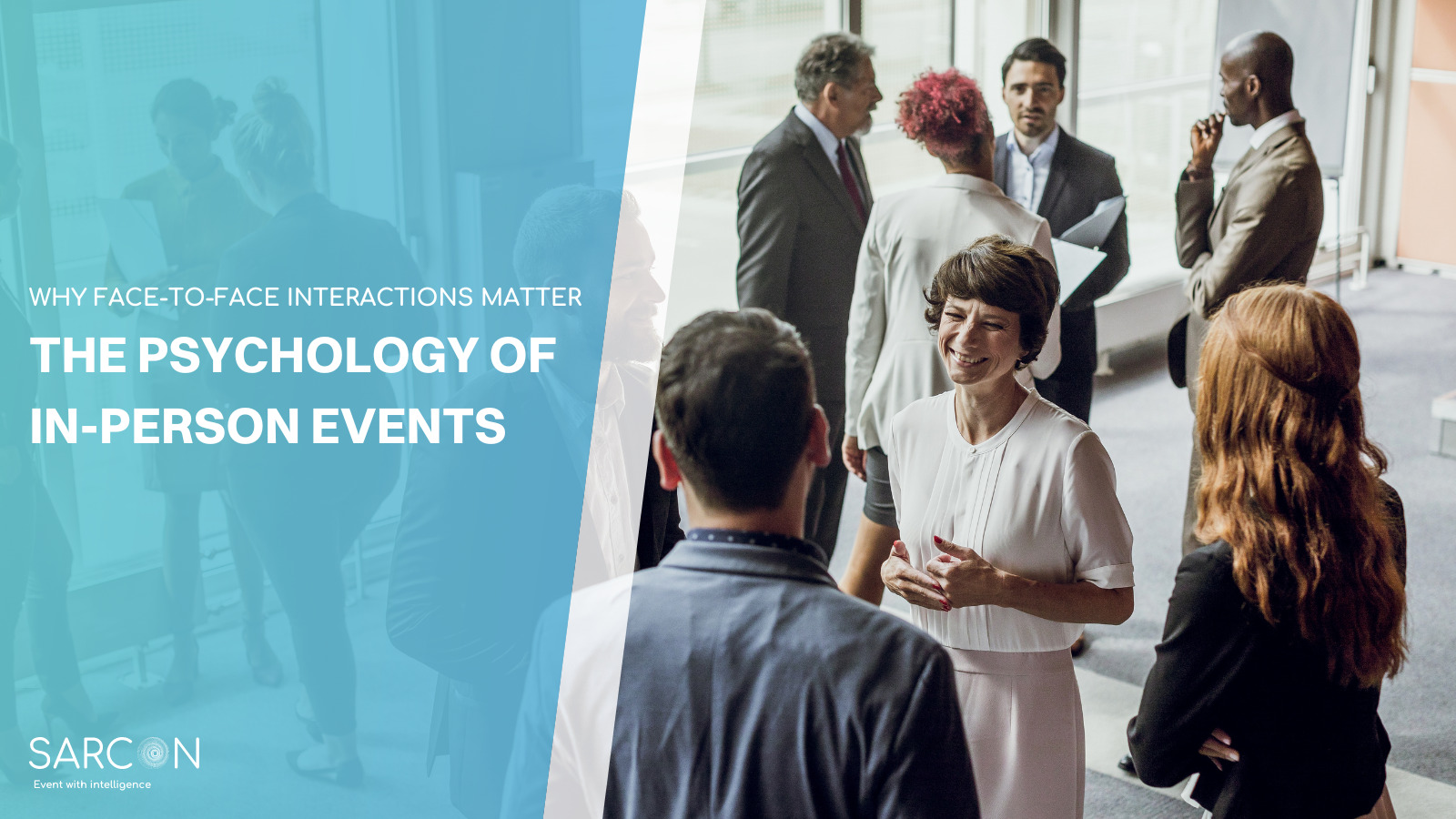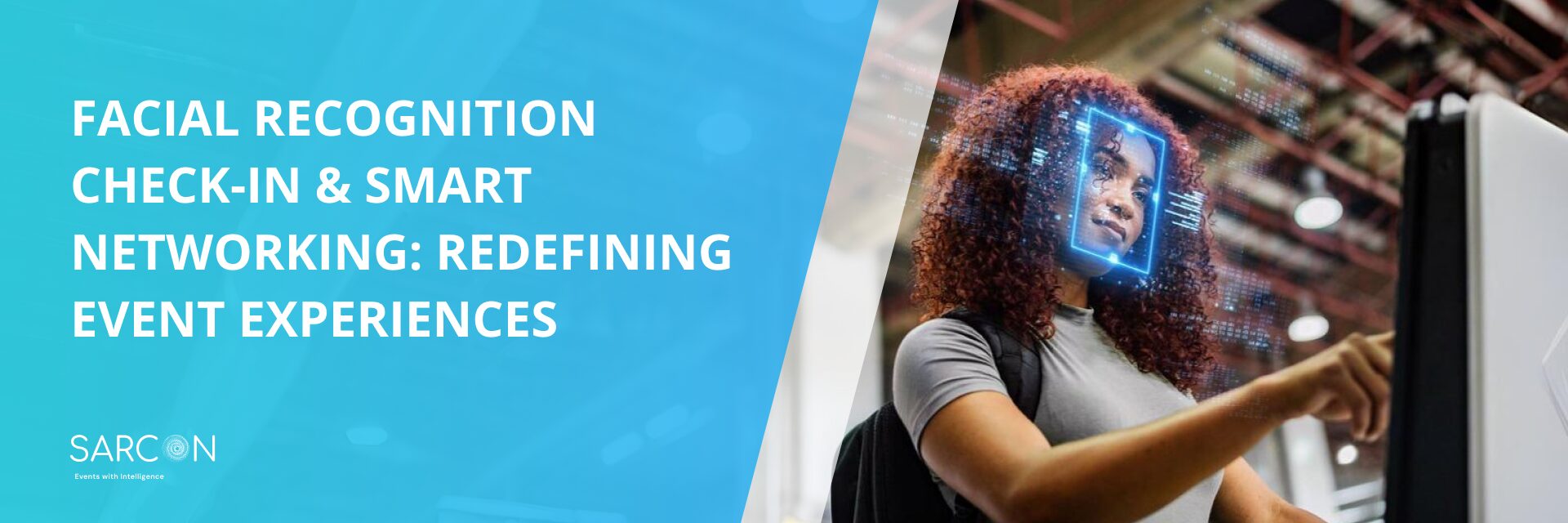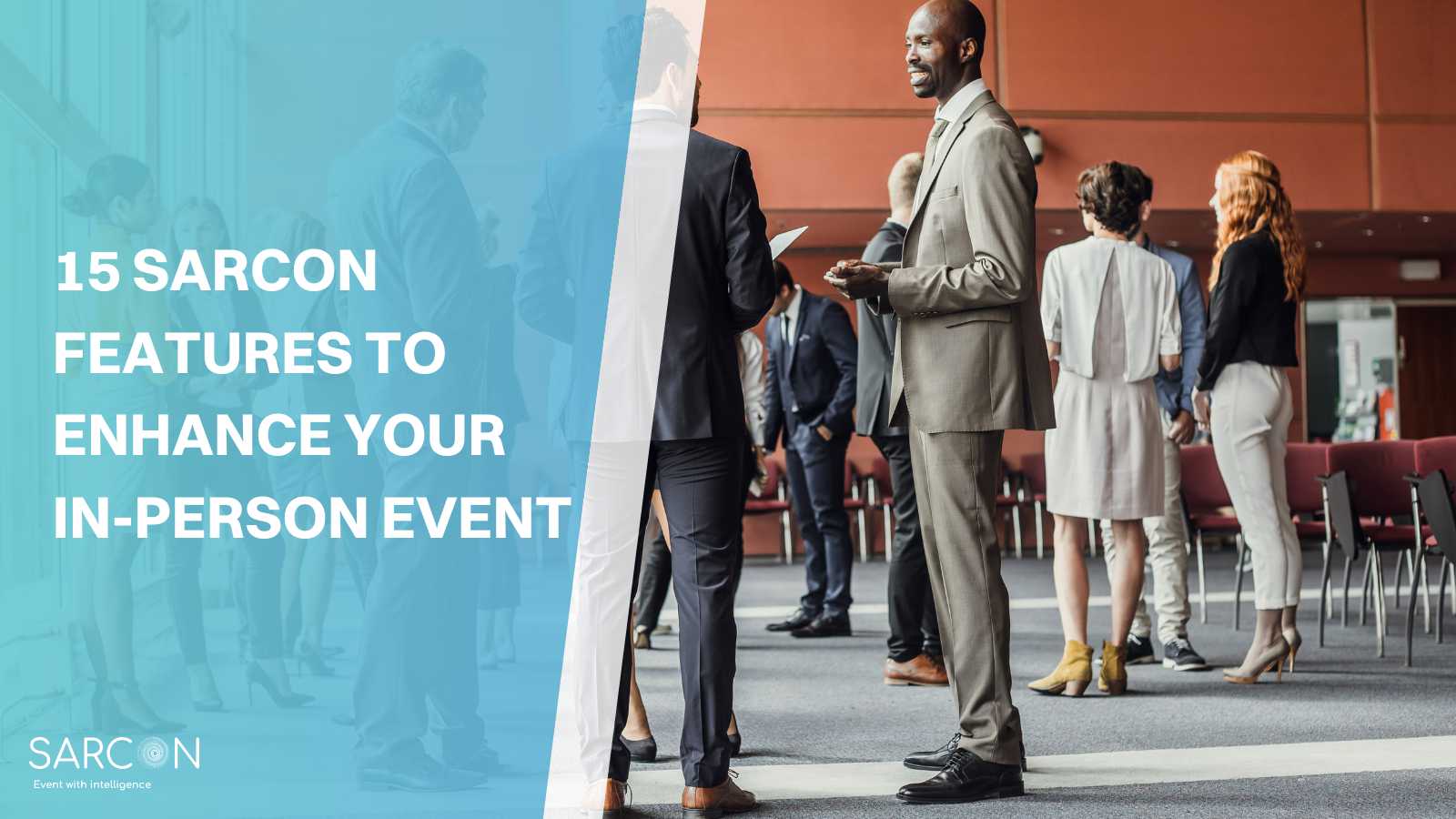In a world increasingly dominated by virtual connections and digital interactions, the allure of in-person events seems to have taken on a mysterious charm, beckoning us to step away from our screens and immerse ourselves in the tangible realm of face-to-face encounters. The psychology behind this magnetic pull is nothing short of fascinating, as it delves into the intricate workings of our human nature and the profound impact that genuine, in-the-flesh interactions have on our minds and emotions.
While virtual communication has become the norm, the significance of in-person events might seem diminished. Yet, beneath the surface of our screens lies a fundamental human need for genuine connection that can only be fulfilled through face-to-face interactions.From the warmth of a smile to the electricity of a handshake, our brains are hardwired to respond to physical cues and emotions in ways that digital communication simply cannot replicate.
One of the key aspects of in-person events lies in the subtleties of nonverbal communication. When we interact with others in person, we unconsciously pick up on a myriad of nonverbal cues, such as body language, facial expressions, and vocal intonations. These cues play a pivotal role in understanding the emotions and intentions of those around us. In fact, studies have shown that up to 93% of communication is nonverbal, leaving only a small fraction to the actual words spoken. By engaging in face-to-face conversations, we are better equipped to interpret these cues, fostering deeper connections and empathy between individuals.
Moreover, in-person events offer a unique opportunity to create shared experiences, which have a profound impact on our sense of belonging and social identity. Whether it’s attending a concert, participating in a workshop, or simply gathering with friends, these shared moments create lasting memories that strengthen the bonds between people. Psychologically, these shared experiences trigger the release of oxytocin, often referred to as the “bonding hormone,” which enhances feelings of trust and connectedness. As a result, in-person interactions not only help us forge new relationships but also reinforce existing ones.
In the digital realm, it is easy to curate our online personas, projecting the image we wish to present to the world. However, in-person events provide a more authentic environment where we can embrace vulnerability and genuine self-expression. Stepping away from the safety of our screens allows us to confront our insecurities and grow as individuals. By engaging in face-to-face conversations, we learn more about ourselves and others, fostering personal development and self-awareness.
Beyond individual growth, in-person events play a crucial role in building communities and driving societal progress. Conferences, seminars, and public gatherings enable the exchange of ideas, sparking innovation and collaborative efforts. The energy and enthusiasm that emanate from a room full of people with shared interests are unparalleled, inspiring new projects and forging partnerships that can change the course of history.
As we navigate the ever-evolving landscape of communication technology, it is essential not to overlook the psychological significance of in-person events. While virtual connections offer convenience and accessibility, they cannot replace the richness of face-to-face interactions. The chemistry of human connection, the exchange of unspoken emotions, and the power of shared experiences are at the heart of what it means to be human. So, let us embrace the opportunities to come together, to converse, to laugh, and to learn in person, for it is in these moments that we truly thrive.
Conclusion
In conclusion, the psychology of in-person events reveals the depth of our need for genuine human interaction. Beyond the screens and pixels, we yearn for the warmth of another’s presence, the unspoken language of emotions, and the sense of belonging that shared experiences bring. Whether it’s at a family gathering, a social event, or a professional conference, let us remember the profound impact of face-to-face interactions. By nurturing these connections, we not only enrich our lives but also contribute to the collective growth of our communities and society as a whole.


